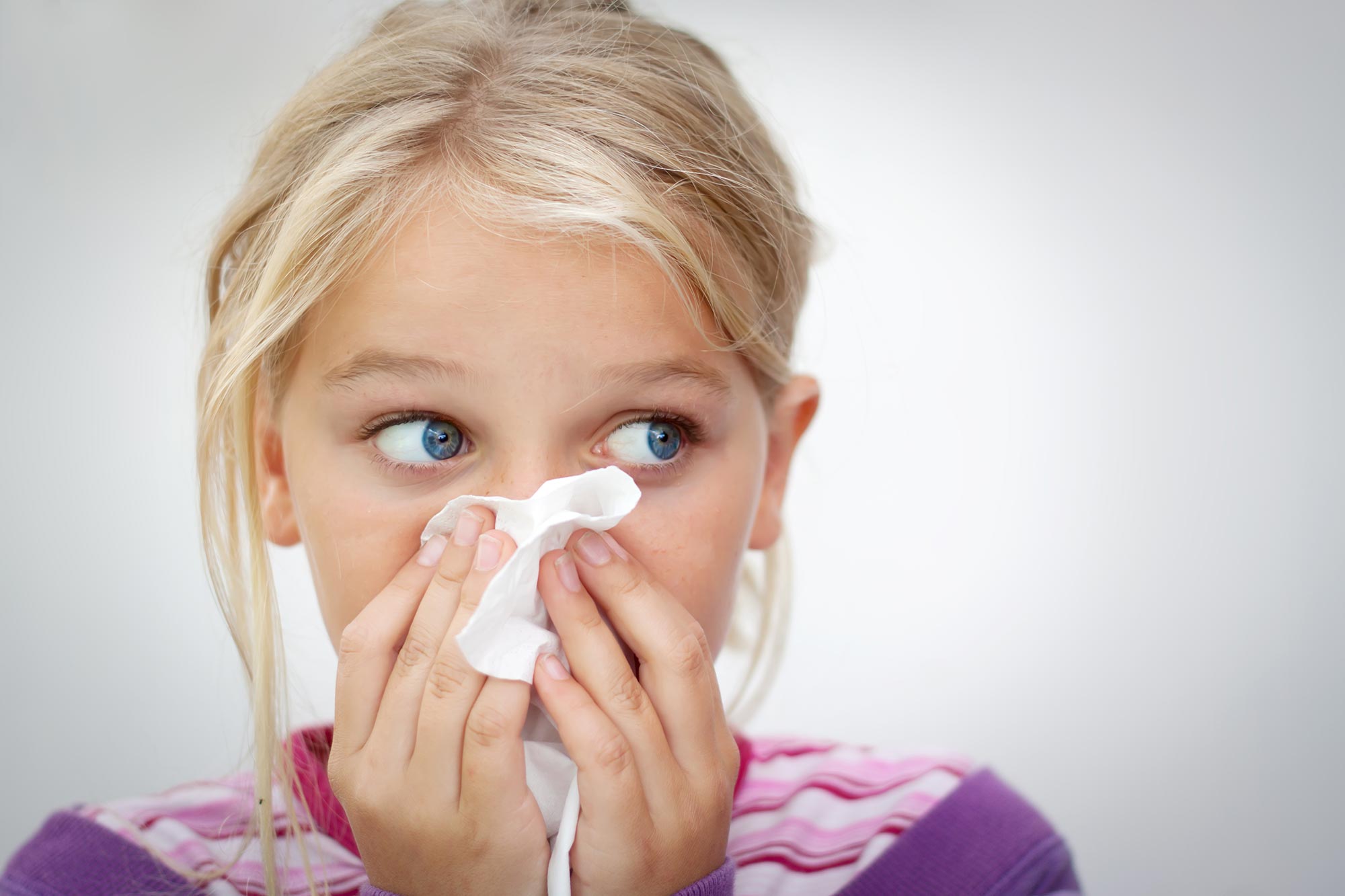Why Kids With More Colds Are Less Likely to Get COVID

Researchers have uncovered that a recent cold might actually help protect against COVID-19, especially in children.
By triggering the body’s natural antiviral defenses, rhinoviruses appear to “prime” the immune system to fight off SARS-CoV-2 before it takes hold.
Cold Viruses May Protect Against COVID
A recent study from researchers at National Jewish Health suggests that catching a common cold (most often caused by rhinoviruses) might provide short-term protection against SARS-CoV-2, the virus responsible for COVID-19. The findings offer new clues about why children typically show fewer symptoms than adults and may also open doors to new ways of easing the impact of respiratory infections.
The work, published in the Journal of Infectious Diseases, used data from the Human Epidemiology and Response to SARS-CoV-2 (HEROS) study. This national project followed more than 4,100 individuals across 1,394 households between May 2020 and February 2021.
Children’s Immune Systems Offer Clues
The researchers discovered that people, especially children who had recently been infected with rhinoviruses, were less likely to test positive for SARS-CoV-2 in the weeks that followed. The reason appears to be the body’s antiviral defenses. Rhinoviruses trigger a strong interferon response in the airways, which helps prepare the immune system to fend off other viral threats.
“Our findings suggest that the immune boost from a recent cold may give the body an early advantage in fighting SARS-CoV-2 before it has a chance to take hold,” said senior author of the study Max Seibold, PhD, a researcher and Director of the Regenerative Medicine and Genome Editing Program (REGEN) at National Jewish Health. “This may help explain why children, who tend to get more colds than adults, generally experience fewer and less severe COVID cases.”
Gene Activity Differences Between Kids and Adults
Using thousands of self-collected nasal swabs, the team tested for both SARS-CoV-2 and other common respiratory viruses, including rhinovirus, in participants of all ages. They also analyzed airway gene expression to see how recent viral infections influenced the body’s antiviral defenses. Children were found to have higher baseline expression of interferon-related genes — proteins that act as the immune system’s first line of defense against viruses — compared to adults.
While this phenomenon, known as heterologous viral interference, has been observed with other respiratory viruses, this is the first prospective study to show it may also occur with SARS-CoV-2.
Not a Reason to Catch a Cold on Purpose
“This doesn’t mean people should intentionally try to catch a cold,” said Camille Moore, PhD and lead author of the study at National Jewish Health. “But understanding how one virus can affect the body’s response to another could help us develop new prevention strategies, especially for vulnerable populations.”
The research builds on earlier findings from the HEROS study showing that children are six times less likely than adults to develop symptomatic COVID. The new data highlights the role that both age-related immune differences and recent viral exposures may play in that protection.
Reference: “The Common Cold Is Associated With Protection From SARS-CoV-2 Infections” by Camille M Moore, Elizabeth A Secor, Jamie L Everman, Ana Fairbanks-Mahnke, Nathan Jackson, Elmar Pruesse, Katrina Diener, Andrew Morin, Samuel J Arbes, Leonard B Bacharier, Casper G Bendixsen, Agustin Calatroni, William D Dupont, Glenn T Furuta, Tebeb Gebretsadik, Rebecca S Gruchalla, Ruchi S Gupta, Gurjit K Khurana Hershey, Meyer Kattan, Andrew H Liu, Stephanie J Lussier, Liza Bronner Murrison, Mari Numata, George T O’Connor, Katherine Rivera-Spoljaric, Wanda Phipatanakul, Marc E Rothenberg, Christine M Seroogy, Edward M Zoratti, Sharon Castina, Daniel J Jackson, Carlos A Camargo, Christine C Johnson, Rachel Ethridge, Sima Ramratnam, Lia Stelzig, Stephen J Teach, Alkis G Togias, Patricia C Fulkerson, Tina V Hartert, Max A Seibold and on behalf of the HEROS study team, 11 August 2025, The Journal of Infectious Diseases.
DOI: 10.1093/infdis/jiaf374
National Jewish Health researchers conducted the study in collaboration with partners from 12 cities across the United States.
Never miss a breakthrough: Join the SciTechDaily newsletter.
Source link

